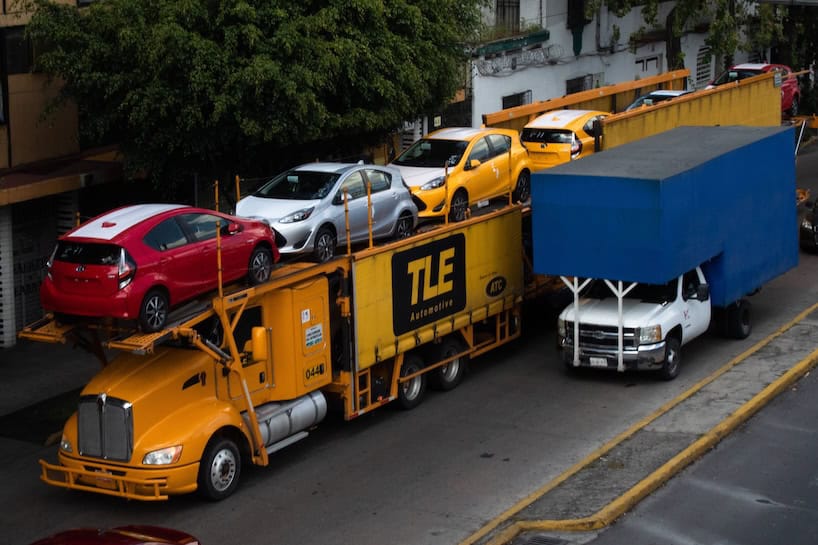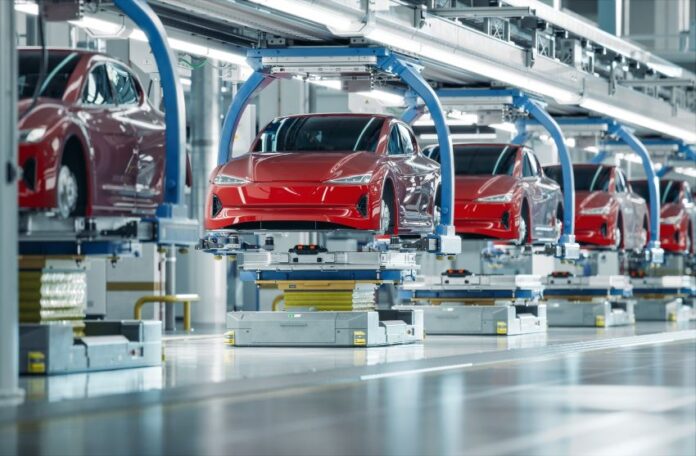Mexico’s light vehicle exports fell by 6% during the first quarter of 2025, compared to the same period last year, with Q1 exports totaling 775,866 units, the national statistics agency INEGI reported on Monday.
In its monthly survey, INEGI’s Administrative Registry of the Light Vehicle Automotive Industry (RAIAVL) — which provides information on the sale, production, and export of light vehicles in Mexico — noted that Mexico’s automotive exports had experienced their worst decline for a three-month period since 2021. In that COVID-19 pandemic year, exports fell by 14.1% in Q1.

The drop in light vehicle exports coincided with a rise in overall production. The most recent report shows that Mexico’s automotive industry produced 973,485 light vehicle units in Q1, marking a 4.8% increase compared to January-March 2024. Light trucks accounted for 76.1% of the total production figure, with the rest coming from automobile manufacturing.
The United States is the main destination for Mexico’s light vehicles, contributing 83% of the export market. Meanwhile, 365,025 vehicles were sold domestically, marking a 3.33% rise compared to Q1 of 2024.
In March alone, exports rose by 3.8% compared to the same month in 2024, to 296,964 units, the highest figure since March 2019. Mexico’s light vehicle production also increased, by 12.1% to 338,669 units.
However, the March improvement could not make up for the negative figures seen in January and February, which were blamed on the uncertainty surrounding the beginning of the threats — and later implementation — of tariffs by the United States.
The impact of tariffs on vehicle exports
For a fifth consecutive year in 2024, Mexico expanded its share of the U.S. import market. The value of automotive exports to the U.S. totaled US $181.4 billion in 2024 and contributed 38.5% of the U.S. market for automobiles, an increase from 37.8% in 2023.
However, the ever-shifting tariff situation has had its effect. While Mexico’s auto industry enjoys a partial but significant exemption to US President Donald Trump’s worldwide tariff regimen, several automakers have begun to consider their investment options. One major automotive manufacturer — Stellantis — recently announced a pause on production of some models in Mexico.
On the other hand, Japanese automaker Nissan announced it planned to stick to its current production and investment plans for Mexico despite the new tariffs on imported vehicles.
With reports from La Jornada and CNN
